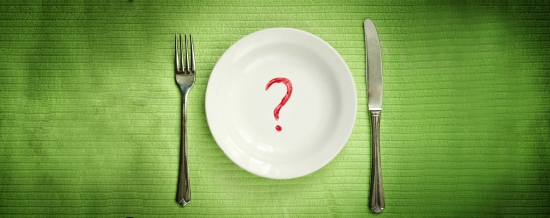Hunger, in true terms, is nothing but a strong desire to eat. But have you noticed how sometimes, you feel hungry, ONLY when you are not distracted by something else? How sometimes, you feel hungry, ONLY because something tempting is placed in front of you? Or how sometimes, you feel hungry, ONLY because you are bored, sad, angry or stressed? If yes, then you can be assured it is not true hunger. It is, what we call, psychological hunger.
True hunger or physiological hunger is the kind you should never ignore. It directly affects the functioning of your brain and body systems. Which is why, when you experience this kind of hunger, your body systems send all kind of SOS signals to your brain which are manifested as crankiness or irritability due to lack of food, light-headedness, rumbling or churning of acids in the stomach etc. At such times, no amount of distraction can take your mind away from food. You only feel better once you’ve had something to eat.
Psychological hunger, on the other hand, is entirely in the mind. We’re not born with it. We acquire it as we grow older and we start associating food with happiness. That is because, culturally, food is the centre of our lives. When we do well in something, we get rewarded with food, when we want to celebrate a special occasion, we indulge in food, when we want to meet family or old friends, we meet over food and drinks, when we are stressed – food, when we are sad – food, when we are bored – food and so on.
And slowly but surely we build the foundation for this confusion of “food = happiness and contentment”. Which is why, as adults, when the brain is actually seeking comfort, it seeks food. The confusion is so deep-rooted that it is very difficult to go back and undo that, but it isn’t impossible.
Here are a few things you can try if you want to re-wire your brain and break that confusion. Be warned though, this is a time consuming process. You can’t undo it in just a few days or few weeks. And there will be lapses; one day you might be able to ward off the feeling while the next day you might give in. Its all part of the process. But if you keep at it, sooner or later, it will come to you naturally.
1) Distract yourself with something other than food
Talk to a friend, walk it off, splash your face with cold water, play a game on your phone, doodle, scribble, draw, paint, sculpt – do whatever catches your fancy to stay away from food for at least 10-15 mins when you have that strong urge to eat something specific. If it is indeed psychological hunger, the urge will fade away.
2) Choose another source of comfort
“Comfort foods” are so called because of how they make us feel when we eat them, again, because of our memories associated with them. Instead, turn to other modes of comfort. A good book, some soothing music, a visit to the beach, the park, shopping, a massage – anything that you enjoy enough to do again and again.
3) Eat your favorite food occasionally, no matter how much of a diet wrecker it is
Yes, you read that right. The more you restrict yourself from the foods you love, the harder you’ll have to fight to stay away from them, especially when you are vulnerable. If you enjoy them in moderation, you’ll be more likely to resist temptation when it comes knocking at your door.
4) Spend time on making yourself look good
If you look good, you’ll feel good. If you feel good, you’ll be happy. And if you are happy, your mind won’t have to seek food anymore. So spend some time everyday on personal grooming, a warm bath, a manicure/pedicure, a nice facial, some aromatherapy etc.
5) Exercise!
Phsically, exercising makes you more energetic and better equipped to deal with the demands of your daily routine. Mentally, it clears your mind and helps you think and plan better. Emotionally, it makes you happy because your brain releases “endorphins” when you workout thereby putting you in a good mood. What more can you ask for?

